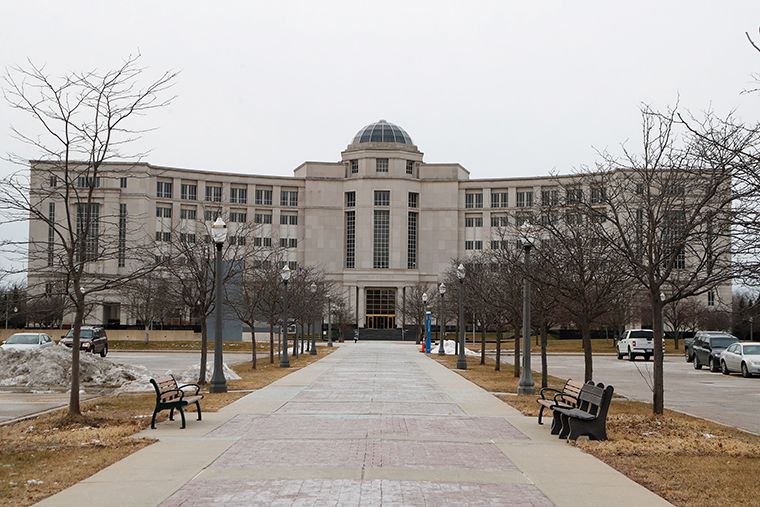In a widely anticipated decision, the Michigan Supreme Court has dismissed an attempt to disqualify former President Donald Trump from the 2024 primary ballot, citing the US Constitution’s “insurrectionist ban.” This ruling is a significant victory for Trump, although the possibility of a renewed effort to remove him from the general election ballot remains.
The Michigan verdict sharply contrasts with a recent ruling from the Colorado Supreme Court, which disqualified Trump from its primary ballot due to his alleged involvement in the January 6 Capitol riot. However, the Colorado decision is currently on hold pending an appeal.
These conflicting rulings amplify the importance of expected appeals to the US Supreme Court, particularly as the nation rapidly approaches the 2024 primaries.
Unlike the Colorado case, the Michigan lawsuit was dismissed early in the process without reaching a trial. An intermediate appeals court upheld the dismissal on procedural grounds. The Michigan Court of Claims judge initially assigned to the case argued that state law does not grant election officials the authority to determine the eligibility of presidential primary candidates. The judge also stated that the case posed a political question that should not be resolved in court.
The Michigan Supreme Court’s order was unsigned, and no vote count was released. The court dismissed the case entirely on procedural grounds, without addressing the questions of whether the January 6 event constituted an insurrection or whether Trump participated in it.
Justice Elizabeth Welch of the Michigan Supreme Court explained the difference between the Michigan and Colorado cases. She noted that the challengers failed to identify a provision in Michigan Election Law similar to Colorado’s, which requires presidential candidates to affirm their legal qualification to hold office.
However, the lower court rulings in Michigan have left the door open for future 14th Amendment challenges if Trump secures the Republican nomination. Justice Welch specifically highlighted this possibility in her separate opinion.
Last month, the Minnesota Supreme Court reached a similar conclusion, ruling that a case involving Trump and an “insurrectionist ban” should be dismissed with respect to the GOP primary, but that the challengers could retry if he wins the nomination.
Ron Fein, the legal director of Free Speech For People, the advocacy organization that filed the Michigan case, expressed disappointment with the decision but noted that it does not bind any court outside Michigan. Mark Brewer, another attorney for the challengers, vowed to continue their efforts in Michigan.
The 14th Amendment, ratified after the Civil War, disqualifies officials who have sworn to support the Constitution but have engaged in insurrection from future office. This provision was used to disqualify thousands of ex-Confederates but has only been applied twice since 1919. The amendment’s vague wording does not specifically mention the presidency.
The Michigan lawsuit was filed in September by Free Speech For People on behalf of a group of voters. The organization also pursued an unsuccessful 14th Amendment challenge against Trump in Minnesota and recently filed a new case in Oregon. A separate liberal-leaning group initiated the Colorado lawsuit.
This story has been updated with additional details and background information.

